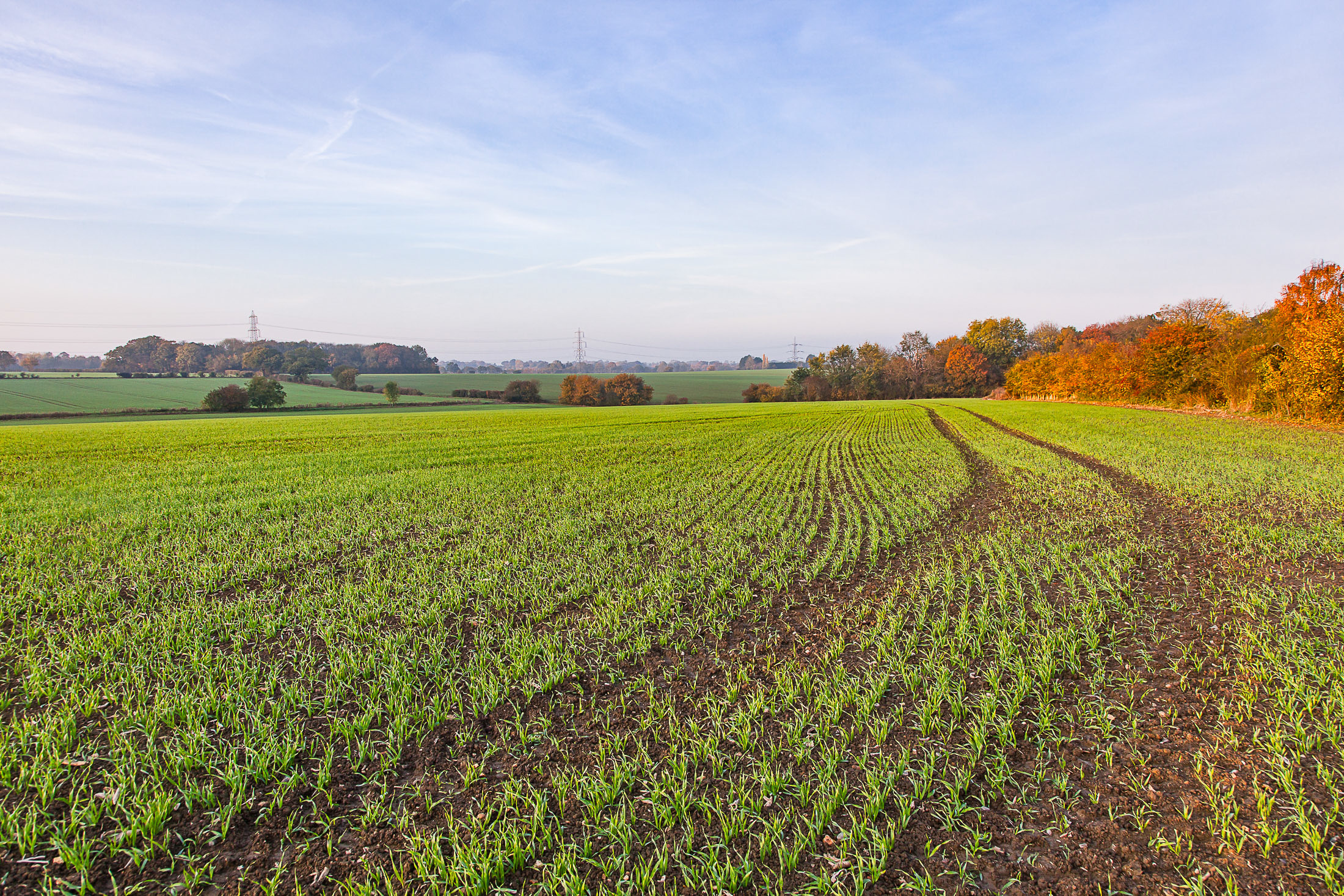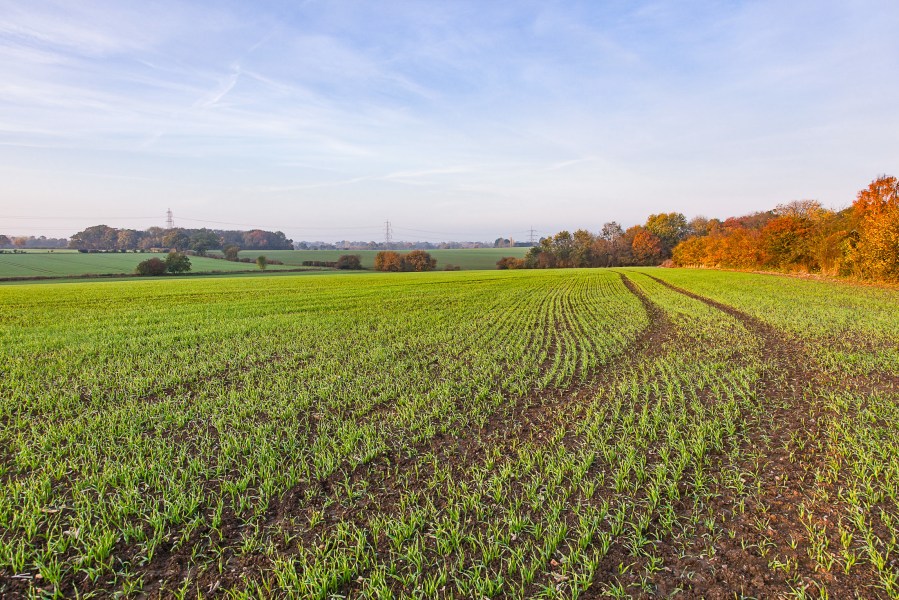 New, long-term environmental targets have been announced by the Government, who says the proposed targets are a cornerstone of the Environment Act which passed into law in November last year.
New, long-term environmental targets have been announced by the Government, who says the proposed targets are a cornerstone of the Environment Act which passed into law in November last year.
According to Defra, these targets will drive action by successive governments to protect and enhance the natural world.
The proposed targets cover water, air quality and the diversity of our wildlife, including:
- Improving the health of rivers by reducing nutrient pollution and contamination from abandoned metal mines in water courses and improving water use efficiency; and
- Cleaning up the air through a target to reduce exposure to the most harmful air pollutant to human health – PM2.5 – by over a third compared to 2018 levels; and
- Halting the decline in wildlife populations through a legally binding target for species abundance by 2030 with a requirement to increase species populations by 10% by 2042.
Other targets include halving the waste that ends up at landfill or incineration by 2042, increasing total tree cover by 3% by 2050, and significant improvements in the condition of Marine Protected Areas by 2042.
Significant pressures
New targets on water quality will tackle the most significant pressures on the water environment and help unlock the most serious challenges to clean up England’s rivers and support our wider ambitions under the Water Framework Directive, and in the 25 Year Environment Plan for clean and plentiful water.
Targets to cut air pollutant PM2.5 will reduce exposure to the most harmful air quality across the country and in locations where levels are highest, with a 50% cut in acceptable levels going well above and beyond previous EU targets while remaining achievable.
The proposed targets will now be subject to an eight week consultation period where government will seek the views of environment groups, local authorities and stakeholders.
The Environment Act put a key focus on driving forward nature’s recovery and the government has also set out new proposals in a Nature Recovery Green Paper which will support its ambitions to restore nature and halt the decline in species abundance by 2030.
Defra says it is proposing to make the processes clearer and more certain for all users, with more consistency in how to protect nature sites. A rationalised legal framework, supported by local expertise and scientific judgement, will enable regulators to be confident in making conservation decisions most appropriate for each site and ultimately ensure a better, more coherent protected site system, it adds.
Environment Secretary, George Eustice said: “These proposed targets are intended to set a clear, long-term plan for nature’s recovery. In a post EU era we now have the freedom to move towards a system that focuses on nature’s recovery as well as its preservation, and which places more emphasis on science and less emphasis on legal process. This change in approach will help us in the pursuit of the targets we are setting under the Environment Act.”




